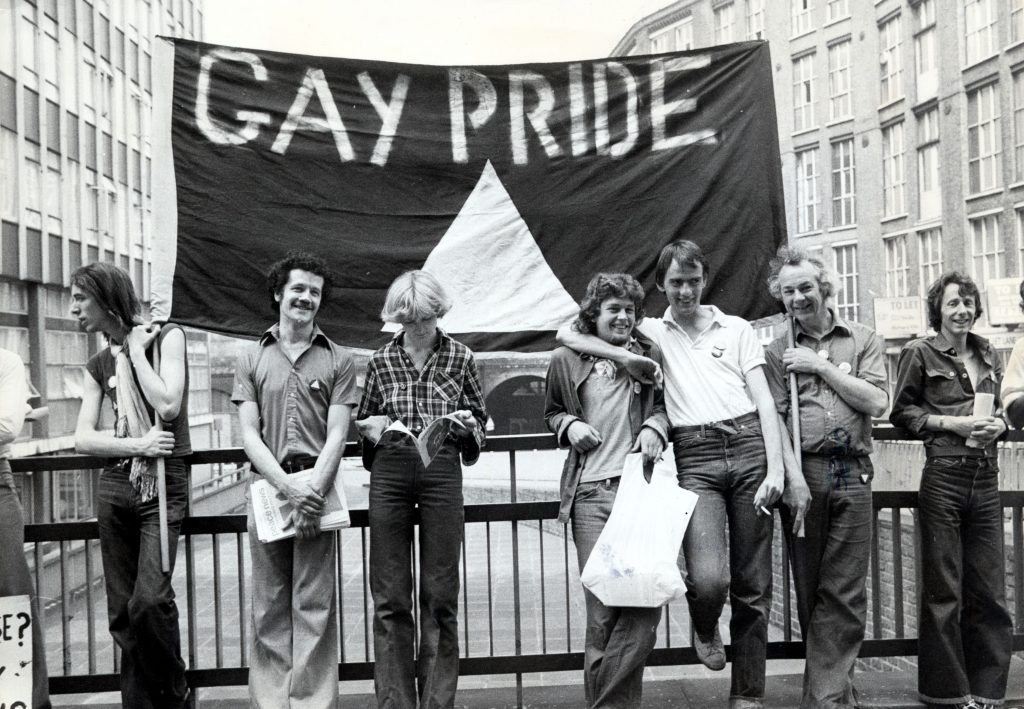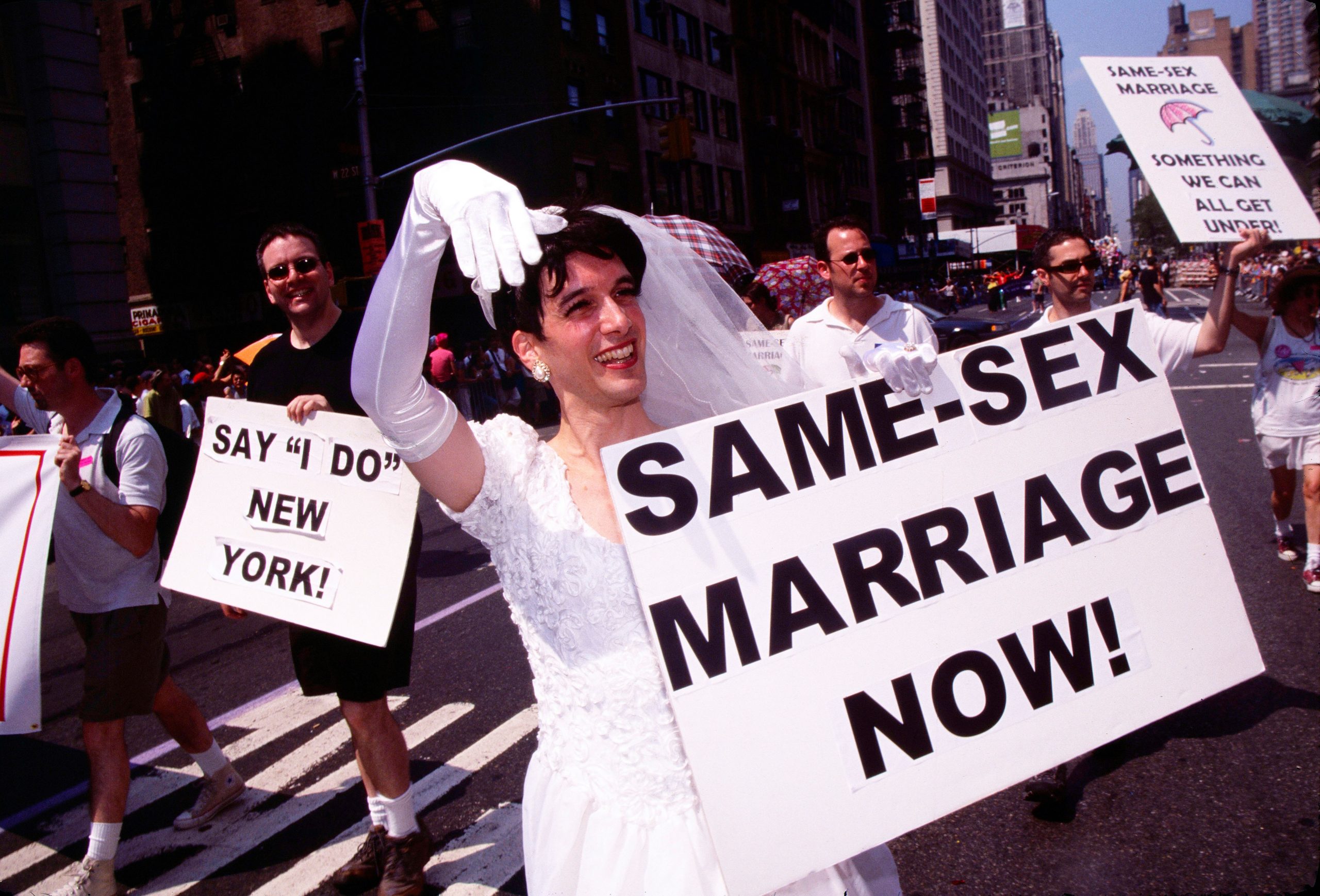We all know that LGBT rights have made long leaps and bounds in recent times, however what exactly has changed since the dark days of homosexuality being an arrestable offence, and what still needs to improve?
As recently as 1967, being gay was illegal in the UK. The law was then changed to allow two men to be in a relationship together without the fear of being arrested. Despite this, homosexuality was largely frowned upon in society. Legalising something like gay marriage would not have even been on the cards at this point in time.
In 1972, the first Pride festival took place in London. 2,000 people took part. A far cry from the one million upwards people attending the event in 2022. Still, an applaudable effort for something which would have been illegal just five years prior.

In 1979, the Harry Benjamin International Gender Dysphoria Association was founded. The group aimed to help, understand and treat those with gender dysphoria. A small step in the right direction for trans issues and rights.
Despite these small glimmers of hope for equality, laws hindering LGBT rights were still being introduced. In 1988 a law called Section 28 was enforced by Margaret Thatcher’s government which meant that teachers were not allowed to ‘promote’ gay relationships in schools. It took until 2003 for this law to be thrown out. In 2009 David Cameron apologised for the law.
Until 1992, The World Health Organisation classified homosexuality as a mental illness. Declassifying it was a huge step forward. In previous years classification meant that LGBT people had received treatments to try to ‘cure’ their sexuality, often proving detrimental to mental health.
It took until 2000 for gay and bisexual people to be allowed to join the armed forces in Britain. Before 2000, LGBT people were not able to serve if they admitted to being gay or bisexual.
In 2004 same-sex couples were allowed to tie the knot in the form of a civil partnership. A legally binding agreement, equivalent to marriage.
After continuous campaigning from LGBT organisations like Stonewall, it took until 2013 for same-sex marriage to be legalised in the UK, and 2020 in Northern Ireland.
We have come a long way in gaining equality for LGBT communities, however we still have some way to go on a global scale.
As of 2023, 69 UN states still see homosexuality as a criminal offence. Half of these are African countries. In 11 countries, homosexuality is punishable by death. Most of these nations are under strict Islamic law.

